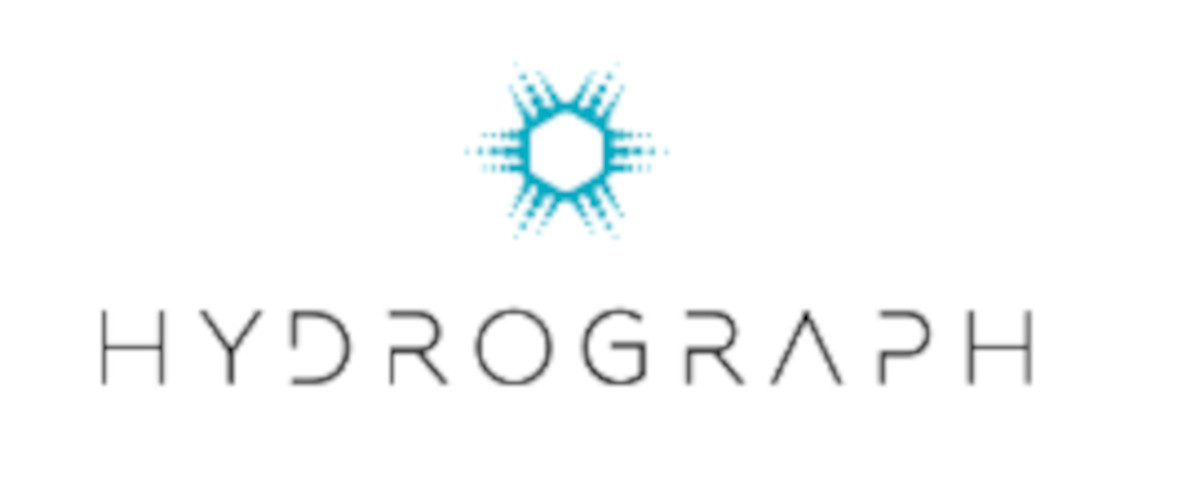HydroGraph Clean Power has announced a technological advancement in its sustainable plastic packaging research.

As the global polyethylene terephthalate (PET) packaging industry faces unprecedented regulatory pressure to reduce virgin plastic consumption, HydroGraph has found that its Fractal Graphene powder (FGA-1) can dramatically improve the performance and sustainability of PET bottles.
"These performance gains in PET arrive at a critical moment for the packaging industry," said Kjirstin Breure, interim CEO and president at HydroGraph. "As manufacturers struggle with the challenge of increasing recycled content while managing costs and maintaining performance, our technology offers a solution that addresses these needs simultaneously. By enabling significant material reduction while improving performance with recycled content, we're helping the industry meet environmental mandates without compromising product competitiveness."
Resulting from tests conducted at the Graphene Engineering Innovation Centre (GEIC), HydroGraph demonstrated that its FGA-1 enhances the performance of PET bottles at an ultra-low loading of just 0.006 wt-% of graphene added, which could lead to light weighting and an overall reduction in plastic use. When applied to a 50:50 blend of virgin PET and rPET, the technology delivers:
- 23% improvement in top-load compressive strength
- Potential weight reduction of approximately 20%
- 83% decrease in water vapor transmission rate
“Manufacturers are at a crossroad when it comes to the development of plastic packaging,” said Breure. “Given previous success we’ve seen with our graphene technology, we responded to the mounting pressure for increased sustainability and light weighting by researching ways fractal graphene can benefit the material. We’re proud of what we’ve accomplished so far, and we’re excited to see what other breakthroughs are on the horizon as we continue our extensive research of nanomaterial technology.”
Based on current global PET bottle production, adoption of this FGA-1 technology could achieve a potential reduction of 5 million tonnes of plastic usage annually (20% of current consumption). In an ideal scenario where FGA-1 technology is fully commercialized with PET:rPET blends of 50:50, the emissions reduction from using 20% less overall PET in bottles could represent a reduction of more than 8 million tonnes of CO2.